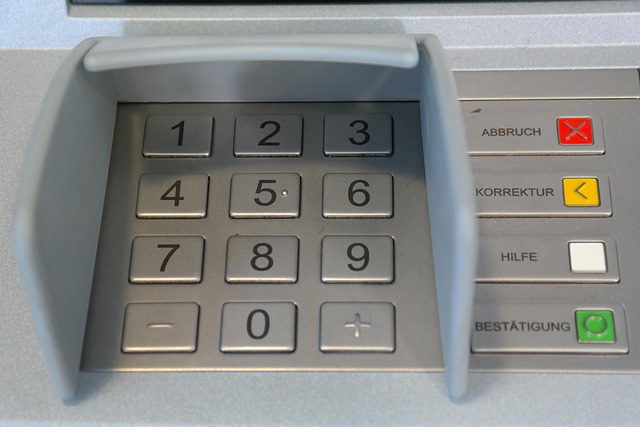Title loan employment verification is a vital step where lenders confirm borrowers' income and financial health, crucial for both parties. Self-employed individuals face unique challenges in this process due to flexible work and diverse client bases. Innovative financing solutions, like vehicle collateral loans with quick approvals, offer alternatives for self-employed individuals by considering personal financial statements, tax returns, non-traditional funding sources, or offering collateral, bypassing stringent traditional employment verification requirements.
In the competitive world of title loan applications, understanding employment verification is paramount. This guide delves into the intricate process of title loan employment verification, a crucial step often posing unique challenges for self-employed individuals. We explore the specific hurdles they face in traditional verification methods and unveil innovative strategies to navigate these obstacles. Discover alternative approaches that empower self-employed applicants to bypass stringent title loan requirements, ensuring a smoother path to financial access.
- Understanding Title Loan Employment Verification: A Comprehensive Overview
- Challenges Faced by Self-Employed Individuals in Traditional Employment Verification
- Strategies and Alternatives for Self-Employed Applicants to Bypass Title Loan Employment Requirements
Understanding Title Loan Employment Verification: A Comprehensive Overview

When applying for a title loan, one of the critical steps in the title loan process is employment verification. This step ensures lenders that borrowers have a stable income source to repay the loan. It’s a crucial part of evaluating a borrower’s financial health and ability to commit to the title loan process. Lenders verify employment by checking with current or previous employers, reviewing pay stubs, or using third-party verification services.
Title loan employment verification is designed to safeguard both the lender and the borrower. For borrowers, it means demonstrating their ability to access consistent financial assistance, even in cases of less-than-perfect credit (bad credit loans). This process helps lenders mitigate risks and provides a clearer picture of the borrower’s financial standing. Understanding this step is essential for anyone considering a title loan as part of their financial strategy for financial assistance.
Challenges Faced by Self-Employed Individuals in Traditional Employment Verification

Self-employed individuals often face unique challenges when it comes to traditional employment verification processes. Unlike employees working for a fixed organization, their work is characterized by flexibility and diversity in clients and projects. This independence, while offering numerous advantages, can complicate matters when it’s time to verify income and employment status. The absence of a structured workplace environment means that there are no conventional employer-side records or references readily available.
In the context of title loan employment verification, self-employed applicants may struggle to provide direct evidence of their current work situation and earnings. Traditional loan providers typically rely on pay stubs, W-2 forms, or other official documents from employers to assess an applicant’s financial health and determine loan eligibility. For freelancers or contractors, obtaining such documentation might require them to actively seek out previous clients who can attest to their employment and income levels, adding another layer of complexity to the verification process. Moreover, the intermittent nature of self-employment income can make it challenging for these individuals to meet specific loan approval criteria based on consistent earnings. However, innovative financing solutions that accommodate these unique circumstances, such as those utilizing vehicle collateral with quick approval, may offer an alternative pathway for self-employed applicants seeking financial support.
Strategies and Alternatives for Self-Employed Applicants to Bypass Title Loan Employment Requirements

For self-employed applicants, navigating the stringent requirements of traditional lenders can be a significant barrier when seeking fast cash solutions like car title loans. However, innovative strategies exist to bypass title loan employment verification. One alternative is to leverage personal financial statements and tax returns to demonstrate stable income and asset ownership. This approach allows lenders to assess risk based on alternative criteria rather than relying solely on employment verification.
Another viable option is exploring non-traditional funding sources, such as peer-to-peer lending platforms or business associates who can vouch for the applicant’s financial standing. Additionally, offering collateral in the form of property or valuable assets can facilitate a loan without employing formal employment checks. This flexible approach ensures that self-employed individuals can still access much-needed funds quickly, with less emphasis on traditional employment verification processes, thus streamlining the application process for fast cash needs.
For self-employed applicants, navigating the complexities of title loan employment verification can be daunting. However, understanding the unique challenges they face and exploring alternative strategies offers a path forward. By leveraging creative documentation methods, presenting consistent financial records, and considering specialized lending options, self-employed individuals can bypass traditional employment verification requirements. This allows for greater flexibility and access to funding, ensuring that entrepreneurial aspirations are not hindered by rigid lending standards.






